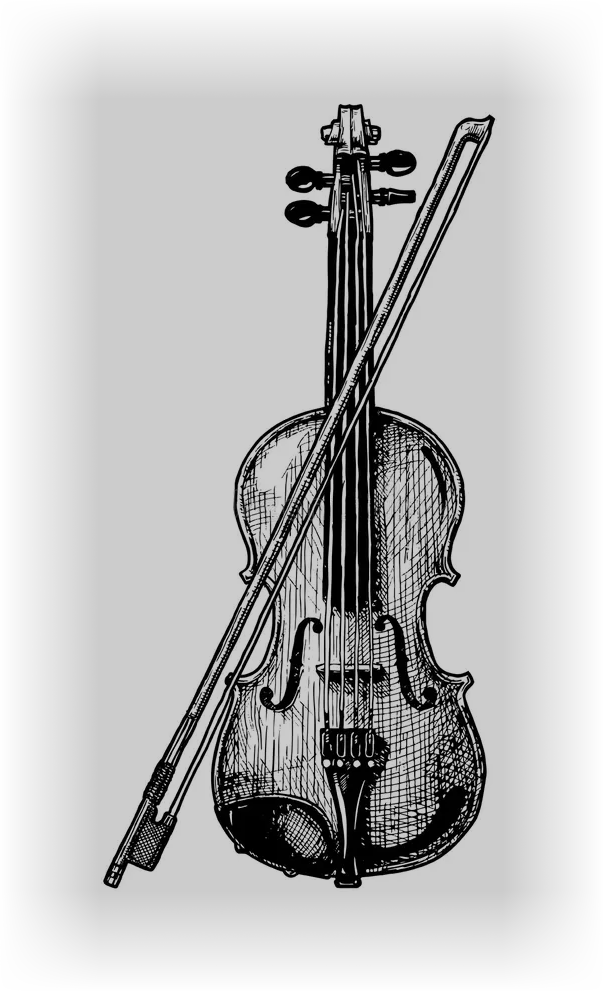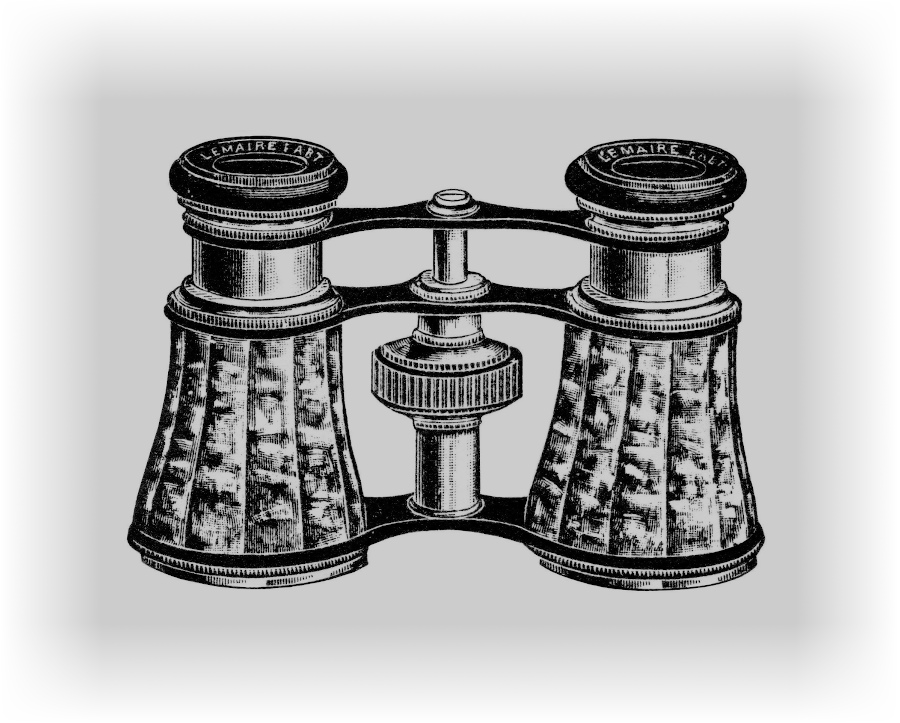Passion
All characters start the game with 5 points of Passion. Passion is gained and lost as characters progress through the story and is the currency with which major game actions are accomplished. Methods for gaining, spending, and making use of Passion are described below.
Gaining and Spending Passion

Characters can gain Passion by indulging a vice, embarrassing themselves, taking other ill-advised actions, or choosing to be unlucky in some way. Generally speaking, if an action does not affect the plot, or if it brings the character closer to achieving their goals, then they cannot earn Passion from it.
Characters can spend Passion to learn secrets, to be in the right place at the right time, to gain access to opportunities they wouldn't otherwise have, to resist temptations, or to perform actions that make themselves look good.
The amount of Passion gained or lost in these ways is up to the GM, but the GM can tell players how much they stand to gain or lose before they make their choice. Minor developments are worth 1-2 points and major developments are worth 3-4. 5 or more points of Passion being gained or lost at once likely represents a serious turning point in a character's life.
Exchanging Passion
Characters can offer to give other characters Passion to try to convince them to do things that are against their interests. It is expected for this sort of negotiation to break the fourth wall and bring Passion into the reality of the game world (for example, a character might write "I will give you 3 Passion if you don't show your face at the Countess's ball tonight!" directly into a note given to another character). If characters cannot agree to an exchange of Passion it may result in a Conflict, as described below.
Conflict

Conflicts takes place when two characters compete with each other in some way. To resolve the Conflict, both characters secretly wager an amount of Passion, up to their current maximum, and whichever character wagered the highest amount wins. The winner wins the Conflict but loses the Passion that they wagered, whereas the loser doubles their wager (e.g. if a character wagers 3 Passion and loses the Conflict, they gain 3 more Passion by it). In the event of a tie, the Conflict is decided by the GM or by random chance. When a character initiates a Conflict they must wager at least 1 Passion (characters with no Passion remaining automatically lose all Conflicts they instigate).
If the Conflict concerns a specific attribute, that attribute is added to the wagers when determining the winner (but does not affect the amount of Passion gained or lost). If an attribute is only partly relevant, half the attribute is added. Depending on the conflict, it may be possible for the two characters to add different attributes.
Some examples of conflict include:
- Looking better or smarter than someone else in a conversation or argument
- Arriving at the theater in a noticeably nicer carriage and clothes than someone else
- Lying to someone convincingly
- Intimidating someone into backing down
- Outbidding or outdoing someone at an auction or other financial endeavor
- Seducing someone
- Outwitting or outmaneuvering someone in a scheme or plot
- Convincing someone to change their mind about something
- Taking part in a duel

An endeavor usually only constitutes a Conflict if both characters are aware of the situation and would both want different outcomes, otherwise the action ought to be resolved by just spending some amount of Passion directly to the GM. In the second example given above (trying to look more fashionable than someone else), if the other character involved doesn't know or doesn't care about the attempt, then the situation is better handled by having the instigating character simply spend 1 Passion (or possibly more in the case of a low Wealth attribute) in order to be noticed by other characters as being impressively fashionable. If, however, the second character is aware of the situation and both characters are trying to outdo each other, then the situation would be a Conflict, with the characters wagering Passion and adding their Wealth attribute.
Generally speaking, if a Conflict concerns some third person, the result of the Conflict determines that third person's attitude to at least some extent, as opposed the third person being able to make up their mind for themselves (e.g. If two characters are competing to impress someone, the person in question doesn't get to choose who they are more impressed by, at least as it concerns that particular Conflict).

Some things simply cannot be changed through the use of Conflicts, even if they seem to fit with the examples given above. It isn't possible to use Conflicts to cause a character to change or abandon their overall goals, but only to hinder them or to cause them to change their mind about how best to pursue those goals.
Duels
In the event of a duel, when the dueling characters choose how much Passion to wager they also reveal their intentions for the duel to the GM, in as much detail as necessary (e.g. "aim to kill", "aim to wound", "intentionally miss", "fire into the ground", "wait until after my opponent shoots, if he fires into the ground then do likewise, otherwise aim to kill", etc). If the duel ends up involving no actual Conflict, such as when both combatants fire into the ground or intentionally miss, the characters each get to keep the Passion they wagered.
